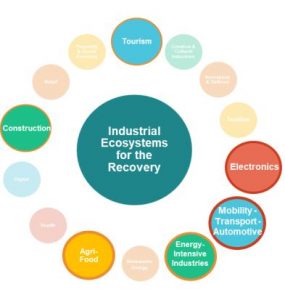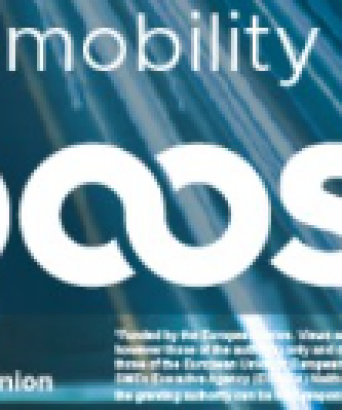The Covid-19 pandemic and other recent events have led to supply chain distress across countries and industrial ecosystems, putting economic players – especially SMEs – in very difficult situations.
 Last year, the EC committed a study on the supply chains disruptions. The output – published in March 2022 – was a paper :
Last year, the EC committed a study on the supply chains disruptions. The output – published in March 2022 – was a paper :
- proposing a methodology to detect and analyse supply chains disruptions
- investigating the relation between the import price variation and several dependency indicators, as well as long-term demand variations in order to understand the likely determinants of price pressures associated with shortages
- exploring possible avenues for further research
The first issue is available HERE
Supply Chain Task Force Bulletins are available to get a view on different sectors (tourism, construction, machinery, electronics, agri-food, energy-intensive industries, etc ) over the time:





